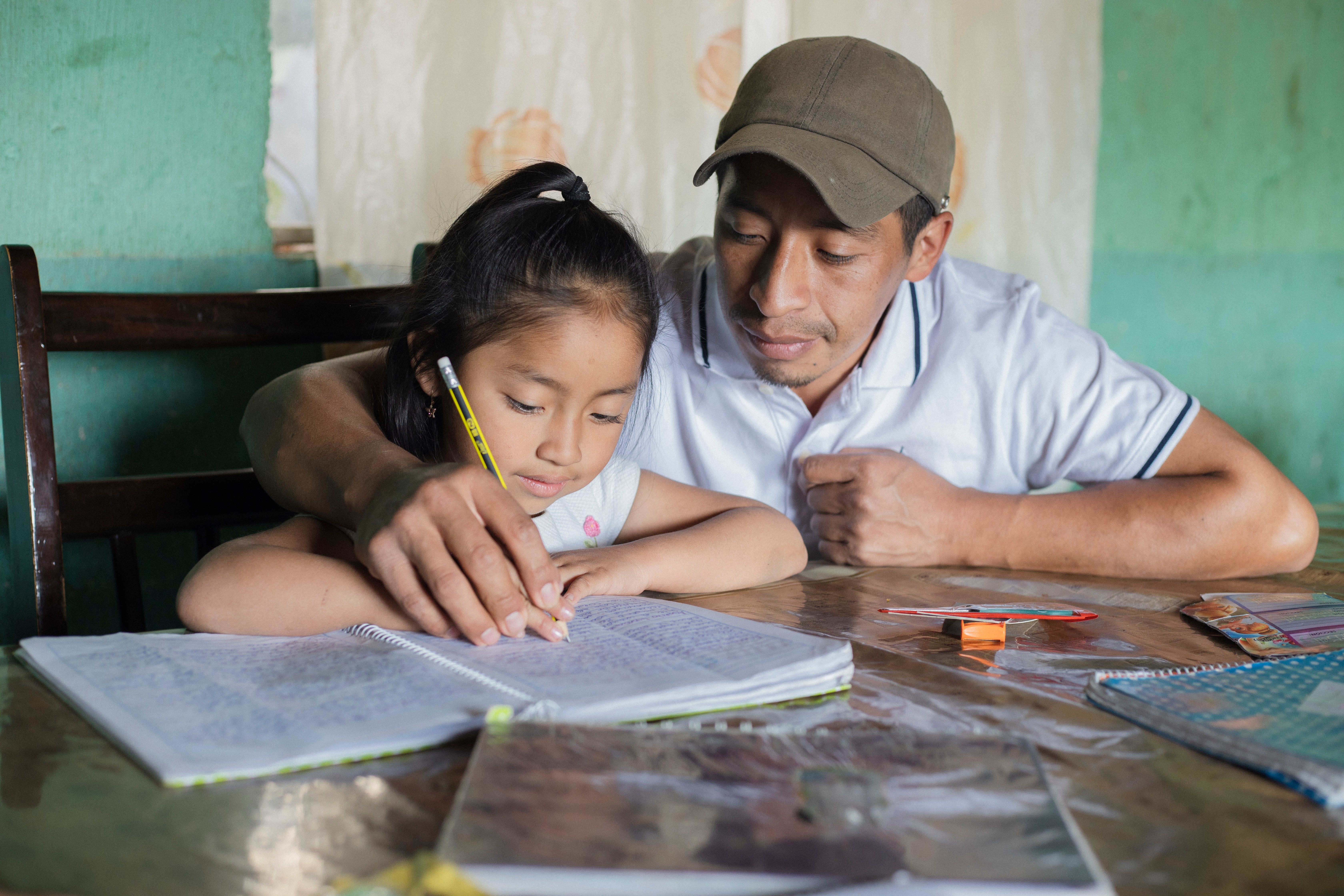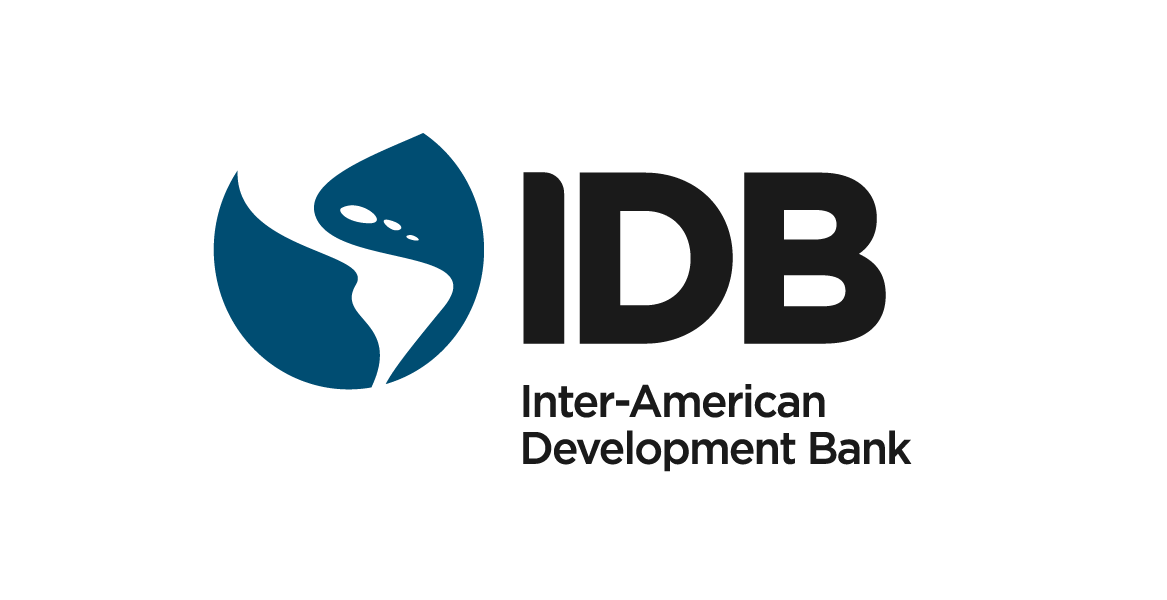The Effect of COVID-19 on Distance Education and Mental Health in Four Latin American Countries

IPA and the Inter-American Development Bank assessed how COVID-19 impacted distance education and mental health for young children and their caregivers in Colombia, Costa Rica, El Salvador, and Peru. Results showed that the pandemic adversely affected low-income households, increasing their food and income insecurity, risks to children’s health and learning development, and caregiver and children mental health distress.
The abrupt closure of schools brought upon by the COVID-19 pandemic led governments across Latin America to develop distance learning programs so that young children could continue their education at home. However, young children tend to require substantial learning support and social interactions to help spur their social-emotional development and well-being. As such, the ensuing changes to caregivers’ roles to now include supporting their children’s learning, social distancing requirements, and economic impacts had the potential to disrupt household livelihoods.
IPA and the Inter-American Development Bank assessed the impact of COVID-19 on young children and caregivers in Colombia, Costa Rica, El Salvador, and Peru, focusing on their experiences with the emergency distance education strategies and their mental health. To do this, they conducted online surveys with 62,837 households with children enrolled in early childhood development services and preschool. To measure impacts by socio-economic status, households were identified as either below-median income or above-median income.
Below-median income households with young children experienced the most adverse effects of COVID-19, including a higher likelihood of losing at least half of their household income and increased food insecurity—which posed a risk to children’s growth and development. In addition, most caregivers had increased mental health distress, primarily those who lost income and mothers, who largely supported their children’s learning. This distress decreased the time spent with children, decreased the amount of remote learning spaces at home, and increased the risk of domestic violence. Children’s mental health distress also increased, due to separation from friends and routines, worries about the virus and family members, and domestic violence.
Research Partner

Implementing Partners
















